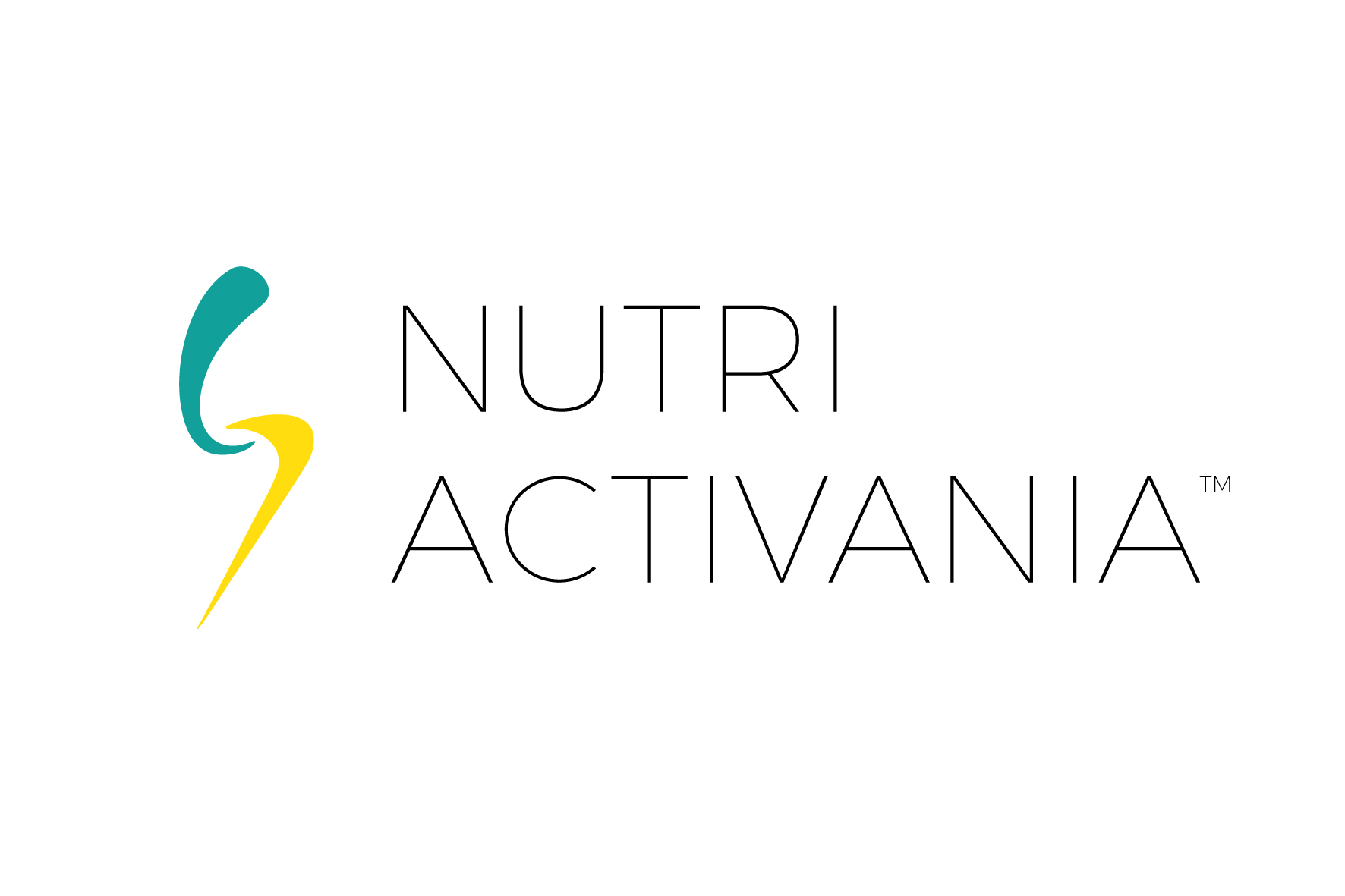Can you think of summer without mangoes? It’s nearly impossible! Mangoes and summer seem inseparable. Whether relishing them fresh, blending them into smoothies, or crafting delightful desserts, mangoes are a quintessential summer delight for countless individuals. However, their sweetness might raise concerns for those managing diabetes. Given that diabetes requires careful monitoring of sugar intake, it’s natural to wonder if it is safe to consume mangoes if you have diabetes. Let’s find out the answer from the leading dietitian for diabetes in India, Avni Kaul in this blog.
Today, several people in India suffer from diabetes, a condition characterized by high blood sugar levels. While type 1 diabetes stems from an autoimmune reaction and type 2 diabetes often results from lifestyle factors, both conditions involve issues with insulin production or utilization by the body. Though mangoes are nutrient-rich, their high sugar content can elevate blood sugar levels, potentially leading to complications.
However, health experts now advise counting fruit as part of the daily carbohydrate intake, with a recommended allowance of 45 to 60 grams per meal and 15 to 30 grams for snacks. Moderation in mango consumption is vital for managing blood sugar levels effectively. It is recommended to monitor serving sizes and space out fruit intake throughout the day to prevent sudden spikes in carbohydrate intake, which could impact glucose levels.
Mangoes are packed with nutrients like vitamin C, vitamin E, vitamin K, and B complex, along with fibre, calcium, potassium, and copper. Despite their natural sugars, they have a low Glycemic Index (GI), making them a good choice for people with diabetes, especially varieties like Alphonso and Payri. Half a cup of mangoes is generally safe for diabetics, as they’re rich in fibre and have a relatively low carb count. Studies suggest that eating mangoes regularly might even help manage conditions like high cholesterol and diabetes. So, including mango in your daily diet could be beneficial for your health.
Glycemic Index and Mangoes
The glycemic index (GI) measures how quickly a food raises blood sugar levels on a scale of 0 to 100, with lower scores indicating slower glucose release. Mangoes, despite their natural sugars, have a GI of 51, classifying them as low-GI food. This lower GI suggests that mangoes have a milder effect on blood sugar compared to high-GI foods. The presence of fibre in mangoes slows sugar absorption, while antioxidants mitigate harmful symptoms of blood sugar spikes. Consequently, mangoes are a viable option for individuals with diabetes seeking to manage their condition. Opting for low-GI foods, like mangoes, can help stabilize blood sugar levels, making them a favourable choice within a balanced diet comprising protein, carbohydrates, leafy greens, and fruits for diabetic individuals aiming to regulate their blood sugar effectively.
What are Some of the Ways of Consuming Mangoes for Diabetics?
Eat mangoes in moderation, it is suggested that individuals with diabetes can safely enjoy mangoes in moderation. Four medium slices of mango contain approximately 15 grams of carbs. Therefore, it’s recommended for diabetics to consume one slice every four days. Moderate consumption of mangoes can aid in glucose breakdown and lower insulin resistance. To minimize potential risks, it’s advised to avoid other foods high in starch and dairy products. However, consulting a doctor is crucial to determine the appropriate portion size. Additionally, cutting the fruit into smaller portions can aid digestion. While about 30% of mango sugar is fructose, which is metabolized in the liver and may increase triglyceride levels, careful moderation can mitigate concerns surrounding mango intake for diabetics.
What are some of the recipes?
For diabetic-friendly mango recipes, try a mixed salad with tomato, cucumber, onion, radish, coriander, and mango pieces tossed with salt. Or mix tomato, onion, coriander, and mango with curd. Adding protein like boiled eggs, cheese, or nuts alongside mango helps stabilize blood sugar. These quick, balanced recipes provide fiber and protein to mitigate blood sugar spikes, ensuring a healthy indulgence for diabetics. So, in whatever way you choose to enjoy them, remember that moderation is key when incorporating mangoes into a diabetic diet. With their low Glycemic Index and nutrient-rich profile, mangoes can be a delicious and beneficial addition to your meal plan.
- Is it Safe to Take Caffeine During Pregnancy? How Much Is Safe? - May 14, 2024
- How to Make Your Morning Tea Healthy? 5 Must-Have Ingredients in Your Chai - May 11, 2024
- Guide to Eating Fruit for a Diabetes Diet - May 6, 2024

